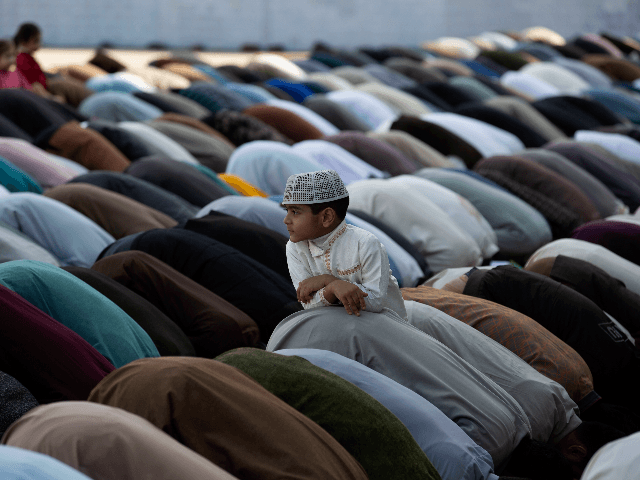Pakistan says it will lift its coronavirus lockdown starting Saturday. Thursday’s announcement comes hours after the country reported its highest daily increase in new Wuhan coronavirus cases, Reuters reported.
On Thursday, Pakistani health authorities said that in the last 24 hours they had recorded 1,523 new coronavirus cases and 38 more deaths, bringing the nation’s totals to 24,073 cases and 564 deaths. Global health authorities and regional Pakistani leaders believe the true number of cases to be higher. They doubt the country’s official coronavirus statistics, arguing that deficient testing has resulted in fewer cases reported than actually exist.
“We’re deciding that we are ending this lockdown now,” Pakistan’s Prime Minister Imran Khan said in a national TV address. “We know that we’re doing it at a time when our [coronavirus] curve is going up … but it is not edging up as we were expecting.”
Pakistan’s Planning Minister Asad Umar said that “small markets and shops” will be allowed to open with limited hours. Large shopping malls and other spaces that “attract large crowds” will remain closed, he added, according to the report.
“Since we started this lockdown, we had this fear that these people who are daily wagers, who feed their kids on daily earnings, what will happen to them?” Khan asked, implying that Pakistan’s poor need the lockdown lifted to survive.
In his speech, the Prime Minister explained that the shutdown would be “lifted in phases.” He warned Pakistanis that the coronavirus outbreak could get “out of control” if they failed to heed some restrictions that will remain in place to slow the virus’s spread.
Khan announced a lockdown of Pakistan in late March in response to the coronavirus pandemic, but it has been loosely enforced. In late April, at the start of the Islamic holy month of Ramadan, Khan conceded to pressure from powerful local imams, Islamic religious leaders, and allowed mosques to remain open for communal prayer during the holy month. This defied his lockdown measures, which originally ordered mosques to remain closed during Ramadan to reduce coronavirus transmission.
Pakistan’s government has faced criticism from its own members for failing to contain the spread of the coronavirus. In March, regional Pakistani leaders said national authorities failed to properly test and quarantine thousands of citizens returning to Pakistan over a land border with Iran. The majority of the group were Muslim pilgrims who had visited Islamic shrines in Iran.
Pakistan has suffered from a lack of sufficient testing kits and medical supplies throughout the coronavirus pandemic. This is due, in part, to the country’s failing medical system, which was already struggling before the coronavirus outbreak.
“We are concerned about pressure that will come on the hospitals,” a spokesperson for Pakistan’s Young Doctors’ Association told Reuters when the lifting of Pakistan’s lockdown was announced. “It will definitely lead to an increase in the number of cases, the number of critical cases,” he said of the lockdown easing.

COMMENTS
Please let us know if you're having issues with commenting.